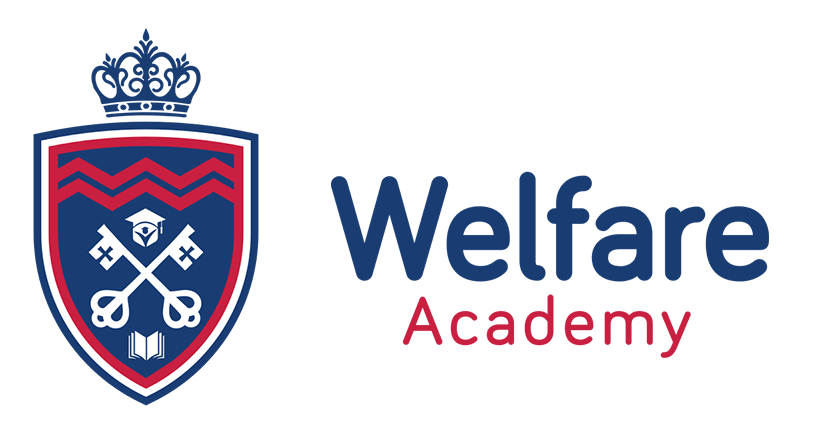
About Course
Caring for People with Learning Disabilities
Promoting Support, Dignity, and Independence
This course offers a comprehensive and in-depth exploration of how to effectively support individuals with learning disabilities across multiple dimensions of care. The aim is to equip learners with the knowledge, skills, and practical tools needed to enhance the quality of life for individuals with learning disabilities by promoting their dignity, independence, and full participation in society.
Throughout the course, we will delve into the social, emotional, and educational needs of individuals with learning disabilities, recognizing that these needs are complex and varied. Learners will develop an understanding of how learning disabilities affect day-to-day life and how to create supportive environments that cater to both the challenges and unique strengths of each individual. A key focus will be person-centered care, emphasizing the importance of tailoring care to the specific needs, preferences, and aspirations of the person being supported.
The course will explore how social inclusion is vital in empowering individuals with learning disabilities to lead meaningful lives within their communities. By integrating theories of normalization and inclusion, you will learn how to reduce societal barriers, combat stigmatization, and advocate for an environment where individuals are respected as equal members of society. Promoting social relationships, vocational training, and community participation are also crucial themes covered in the course.
A significant component of the course will be an exploration of effective communication strategies, including non-verbal communication and assistive technologies, to ensure that individuals with learning disabilities can express themselves, be understood, and actively participate in decisions about their care. Understanding the diverse communication needs and preferences of individuals will empower you to engage in more effective interactions and build stronger, more respectful relationships.
Further, we will address the rights of individuals with learning disabilities, with a focus on legislative progress such as the Disability Discrimination Act, the Equality Act, and the UN Convention on the Rights of Persons with Disabilities. These legal frameworks ensure that individuals are afforded the same rights as others, including the right to make choices, live independently, and receive care that respects their dignity. You will learn how to advocate for these rights, providing support that aligns with ethical and legal standards.
The course also explores critical aspects of care, including behavior management, sexuality, and mental health, providing a balanced and informed approach to sensitive topics. By learning about the challenges that individuals with learning disabilities may face, such as difficulties in managing behavior or understanding and expressing their sexuality, learners will be equipped with the skills to offer sensitive, respectful support in these areas.
In addition to these core topics, the course will provide learners with real-world case studies that illustrate successful care strategies and interventions. By analyzing real-life situations, you will gain practical insights into how to apply theory to practice, manage diverse care needs, and achieve positive outcomes for individuals with learning disabilities.
Finally, the course will highlight the importance of continuous professional development in this field. You will be encouraged to stay up-to-date with the latest research, best practices, and innovative approaches in the care of individuals with learning disabilities, ensuring that your support remains relevant, effective, and compassionate.
By the end of this course, learners will be equipped to provide person-centered, dignified care that respects the independence of individuals with learning disabilities. You will have gained the knowledge to foster inclusion, improve communication, and promote empowerment, helping those with learning disabilities lead fulfilling, independent lives while fully participating in their communities.
Course Content
Introduction to Learning Disabilities
-
Introduction to Learning Disabilities
-
Quiz
The Social Dimension of Learning Disability
History and Development of Services
Principles of Normalization
Teaching and Communication Strategies
Sexuality and People with Disabilities
Managing Challenging Behaviour
Student Ratings & Reviews

